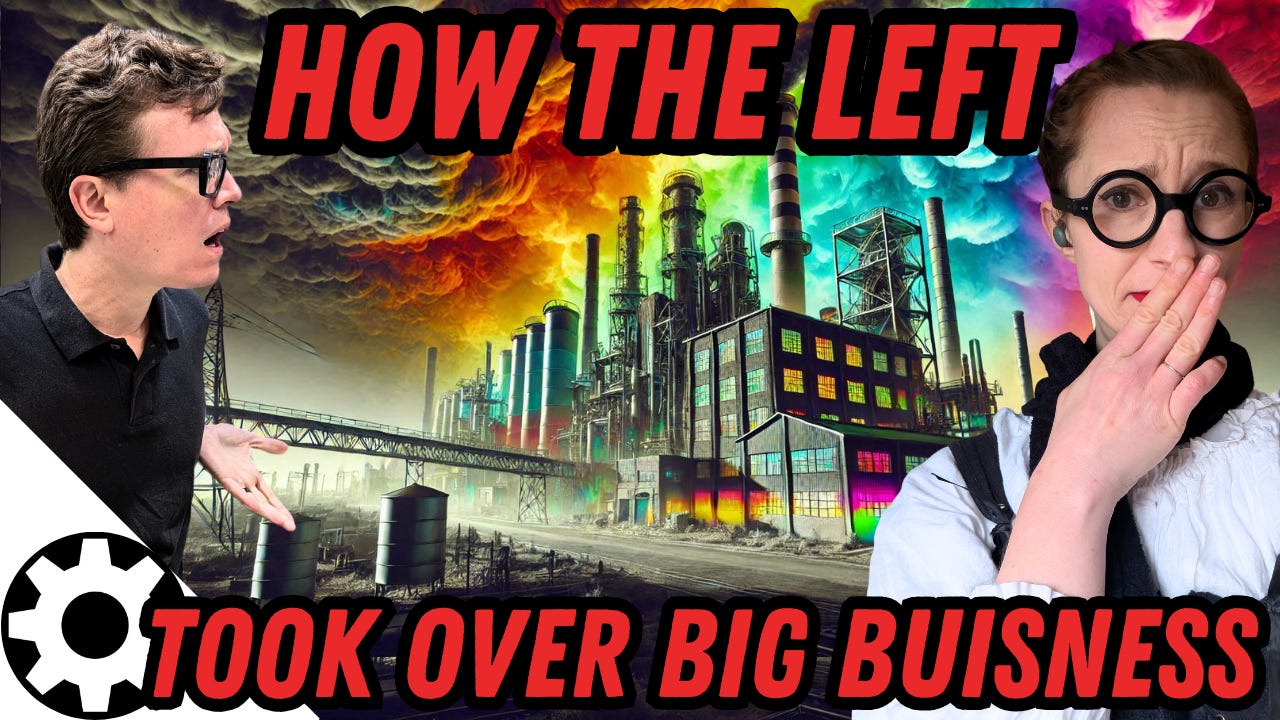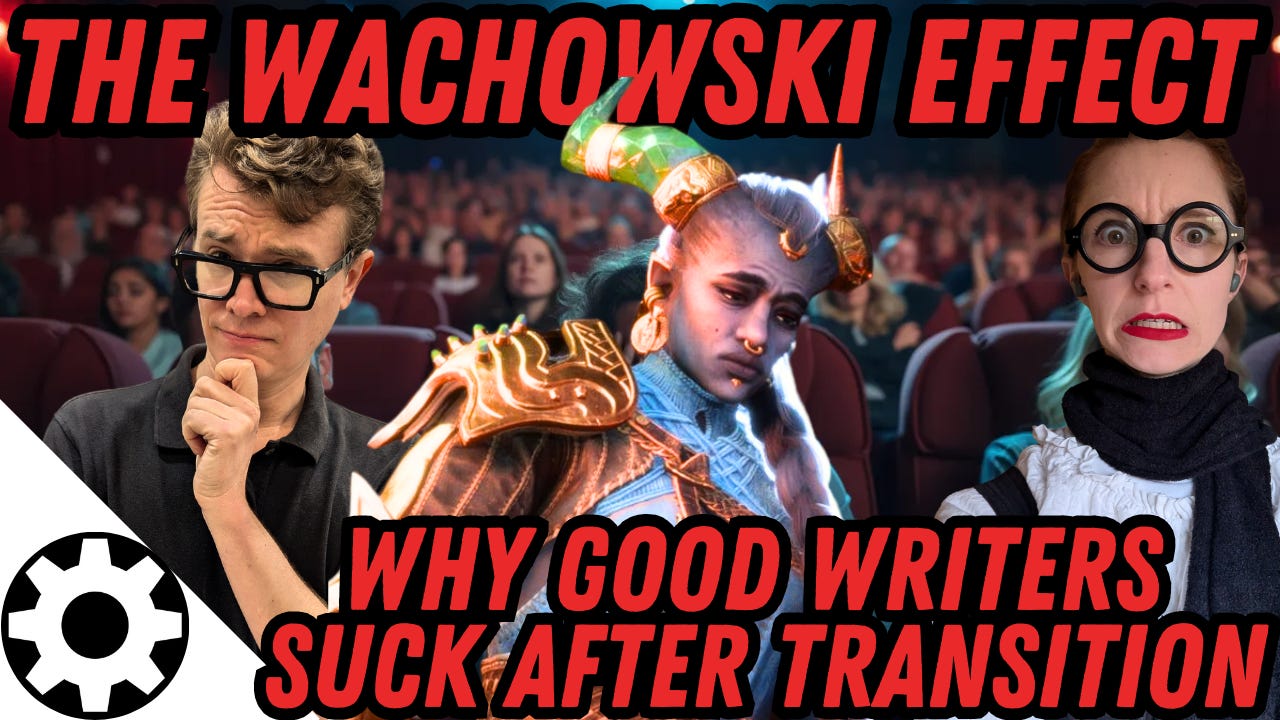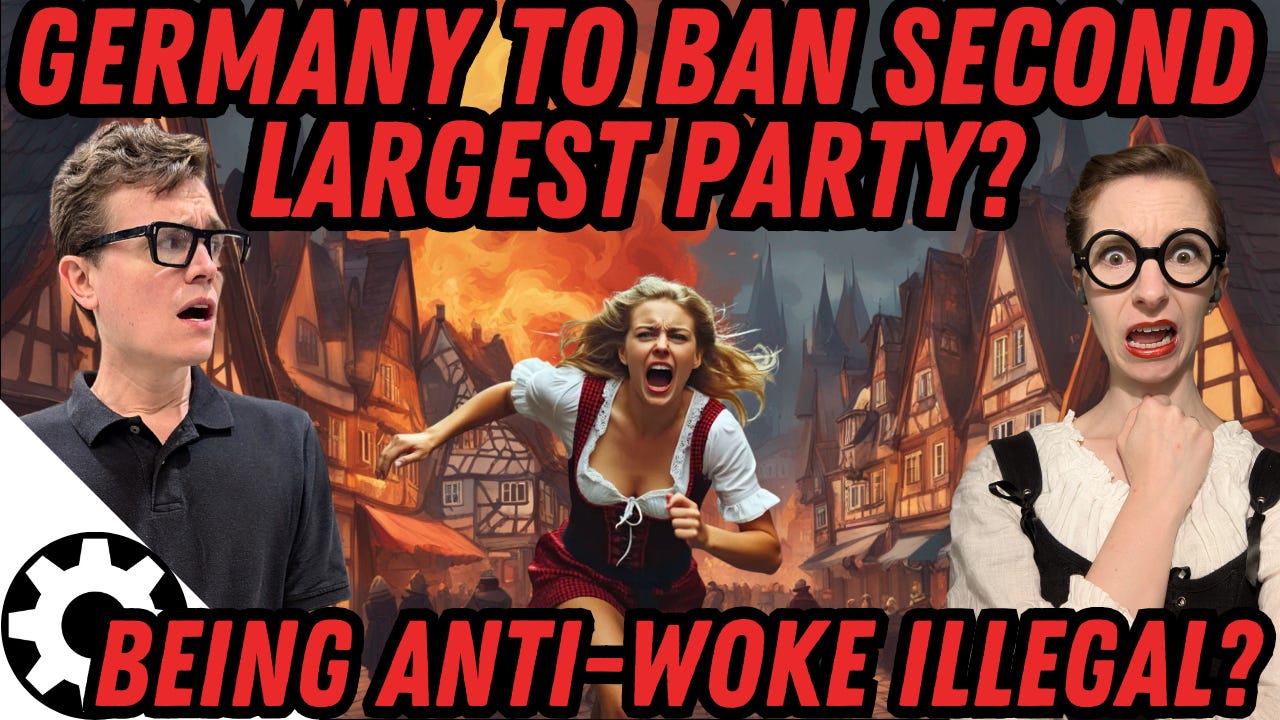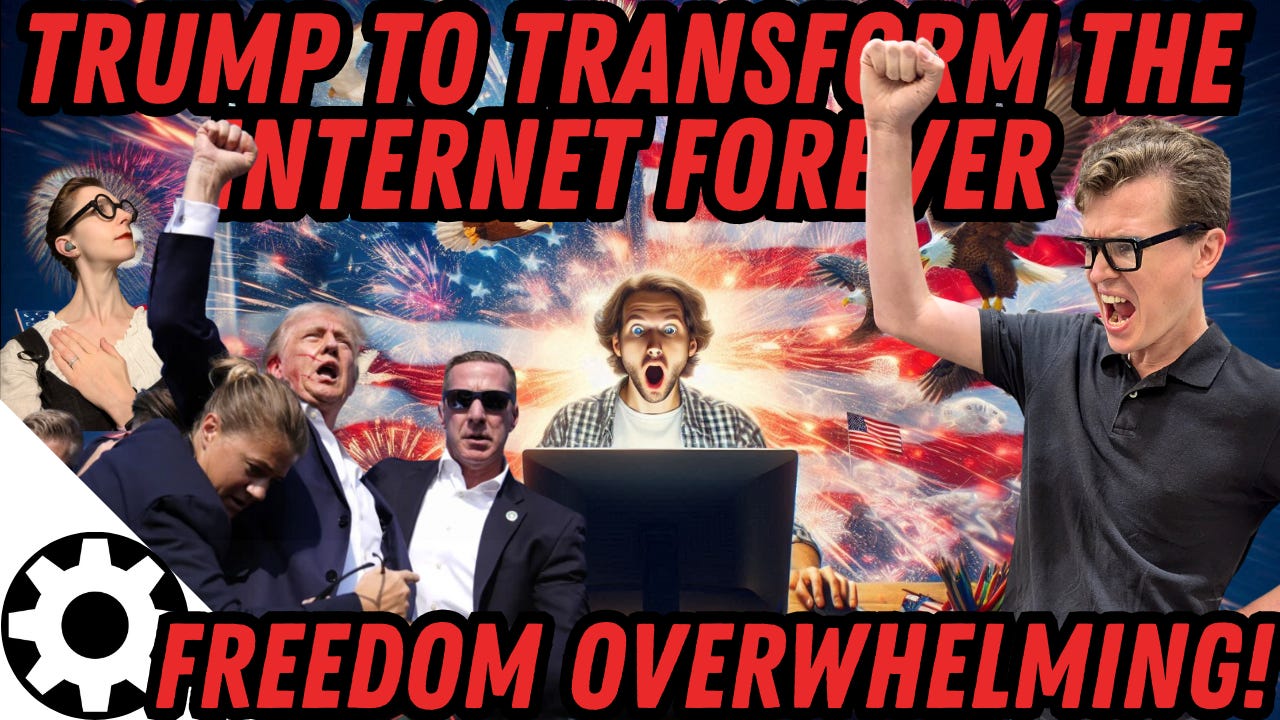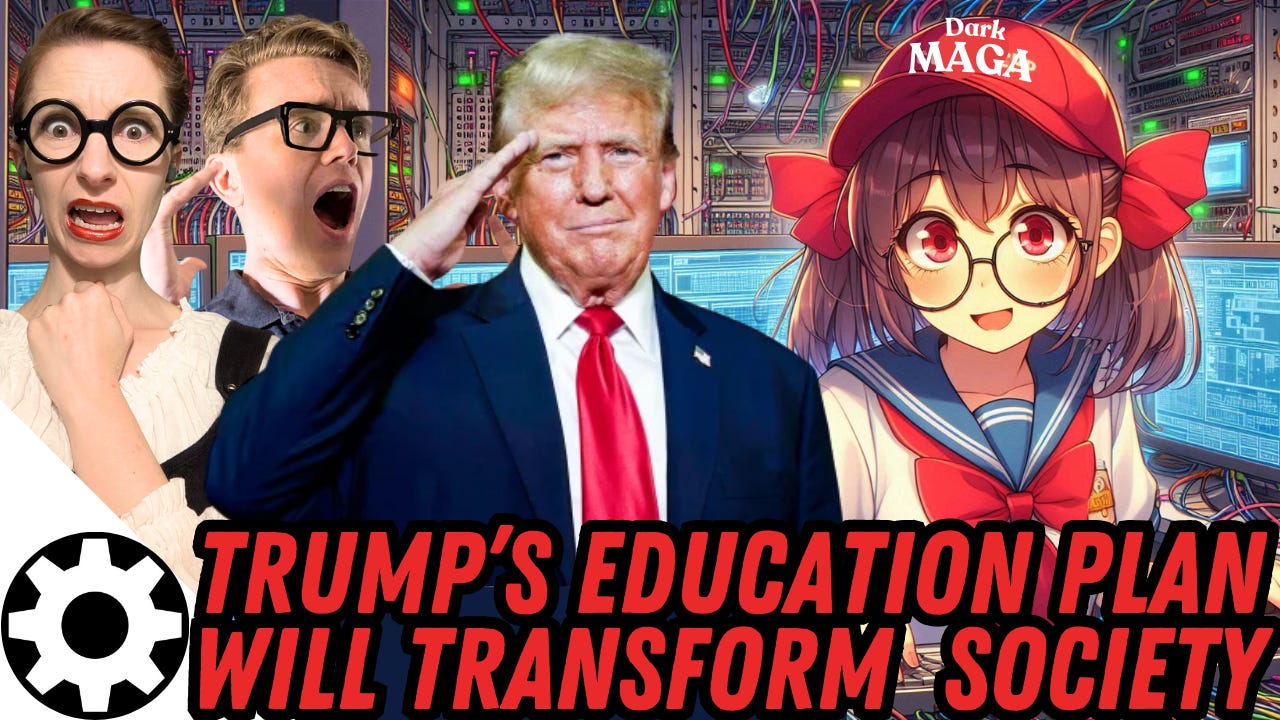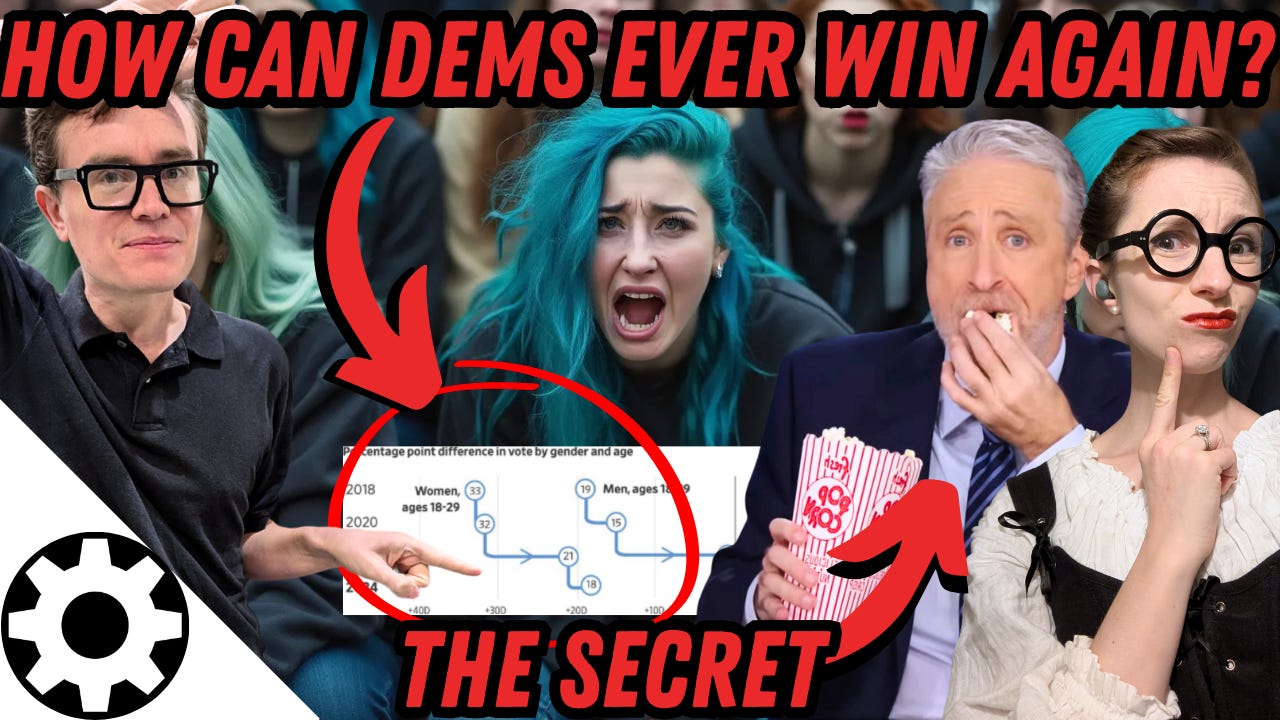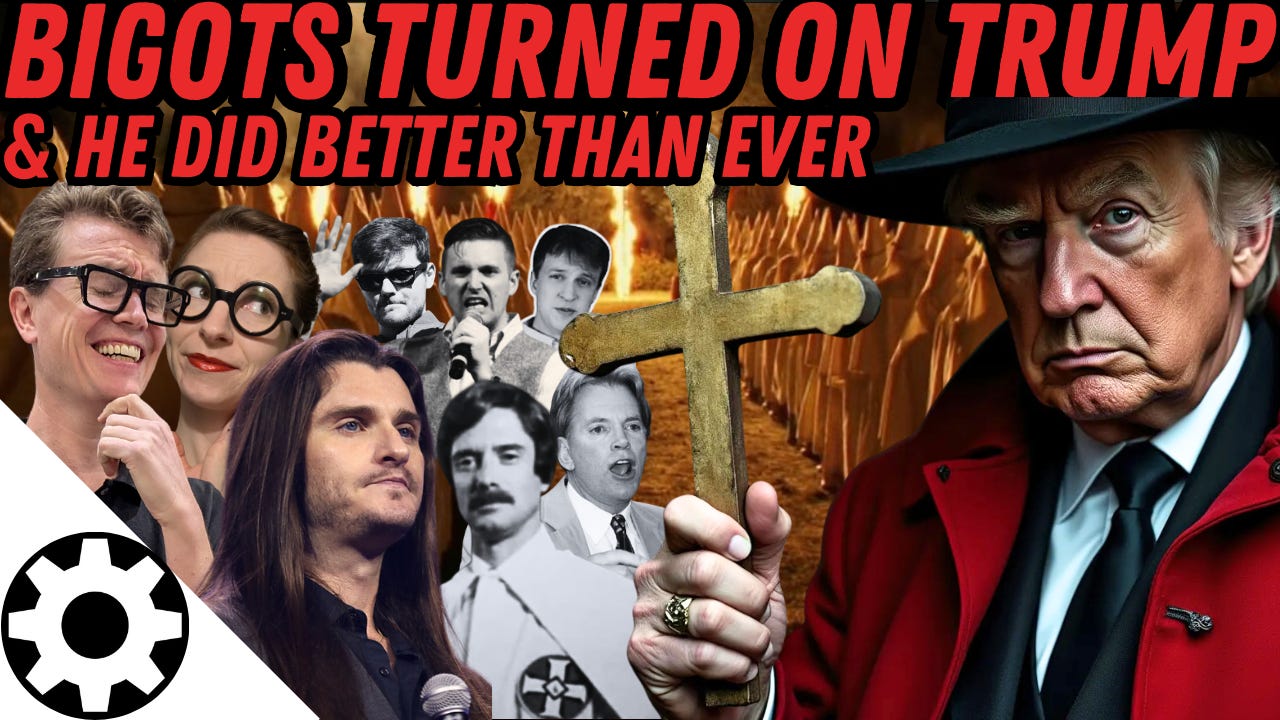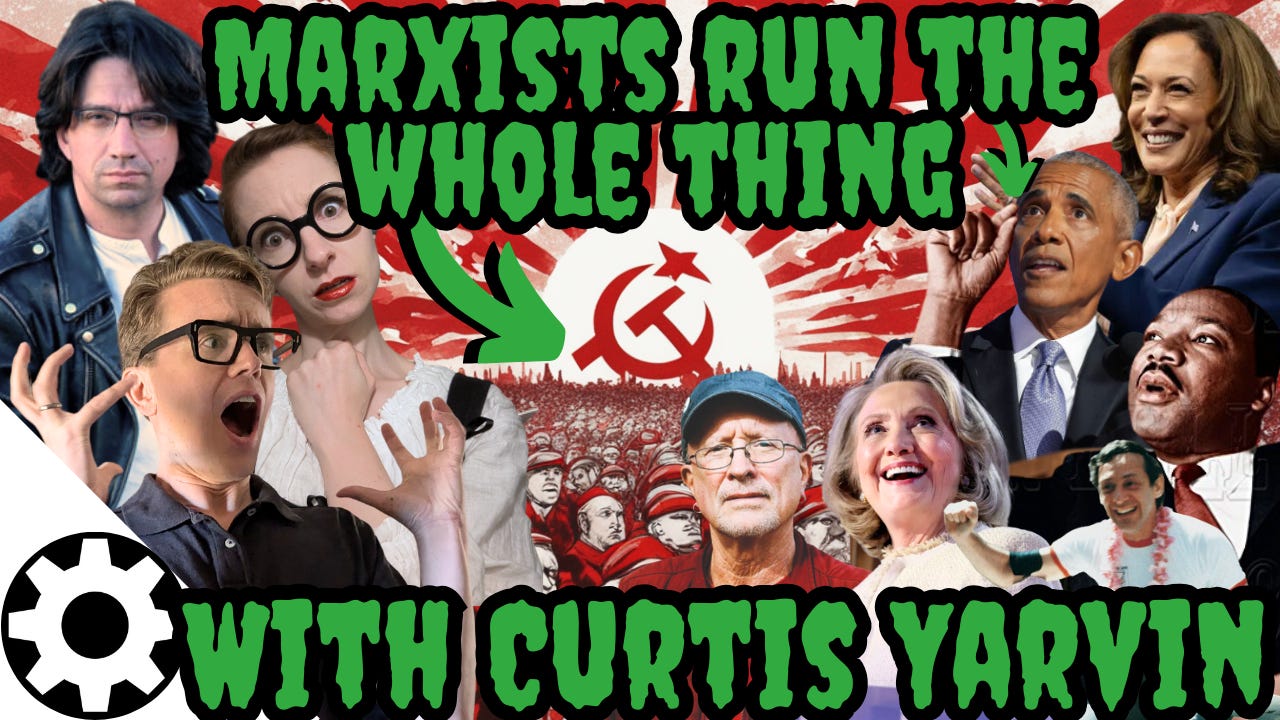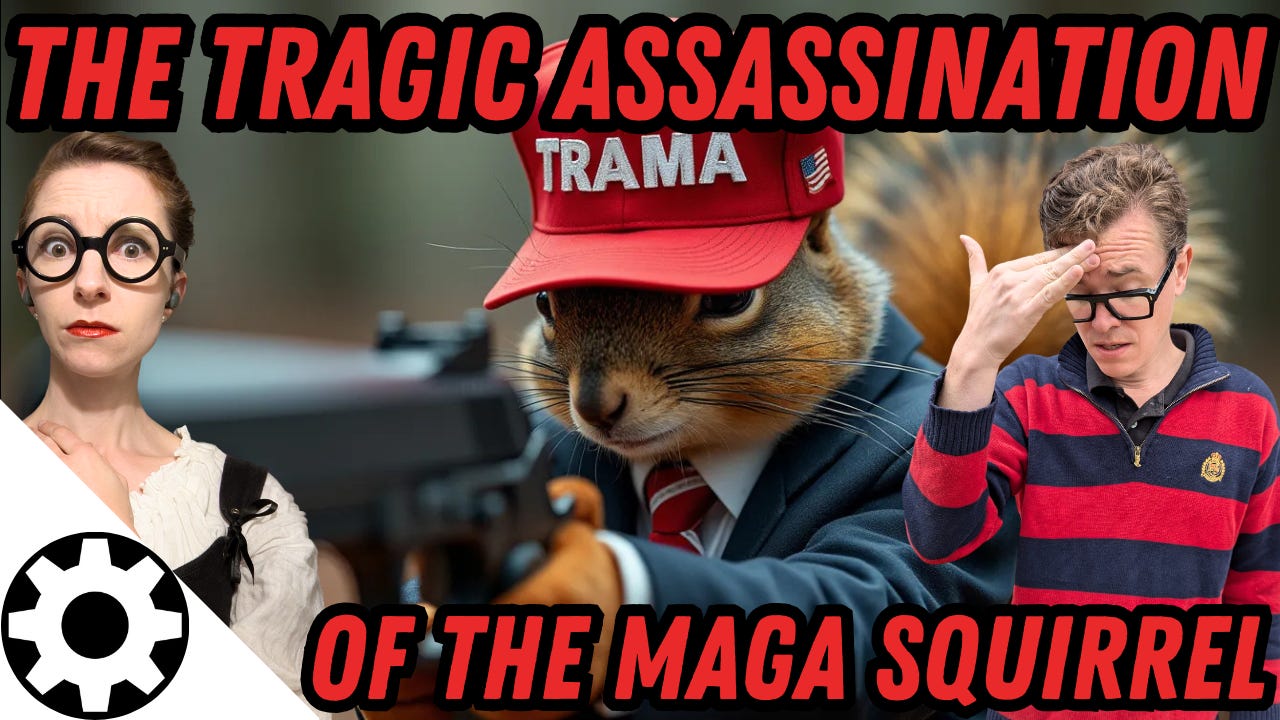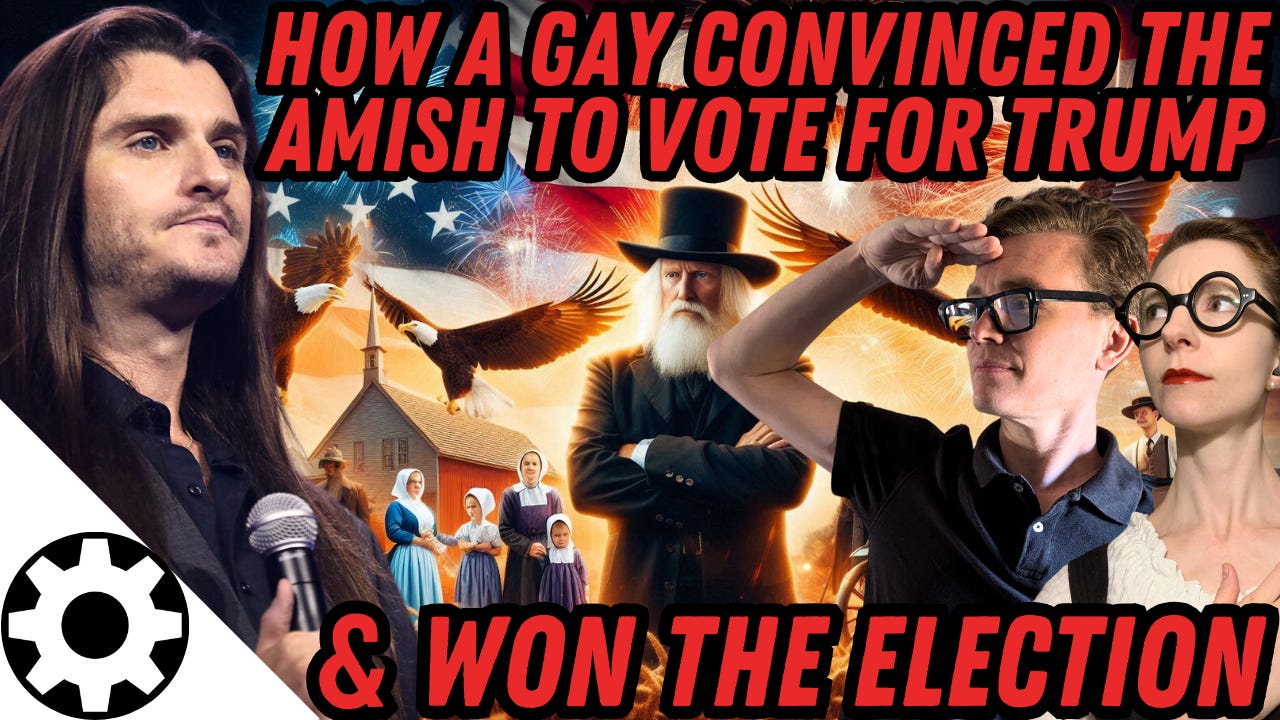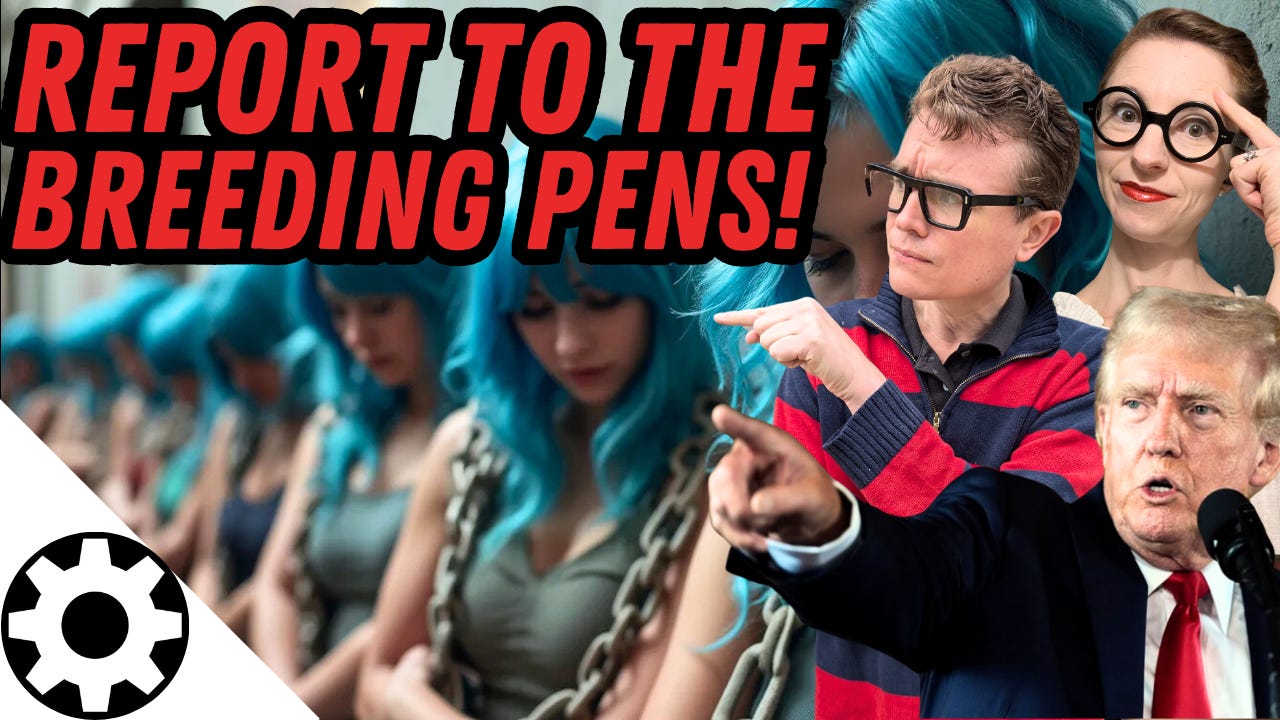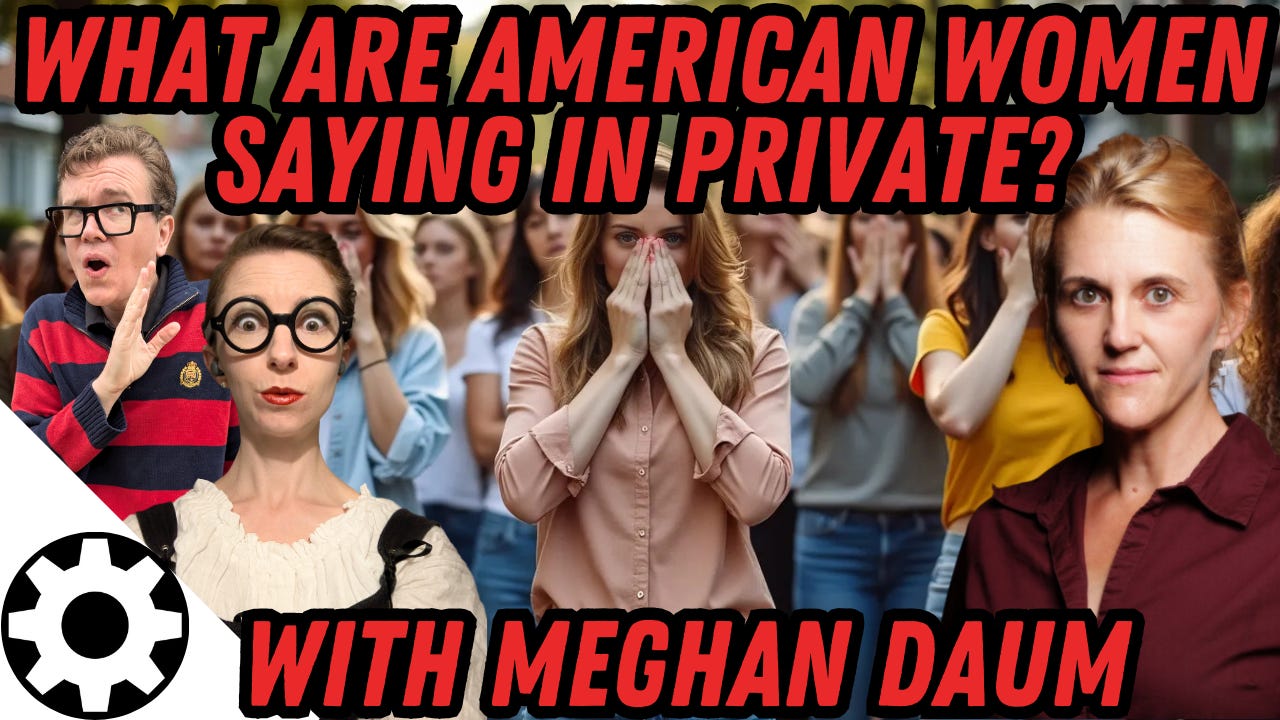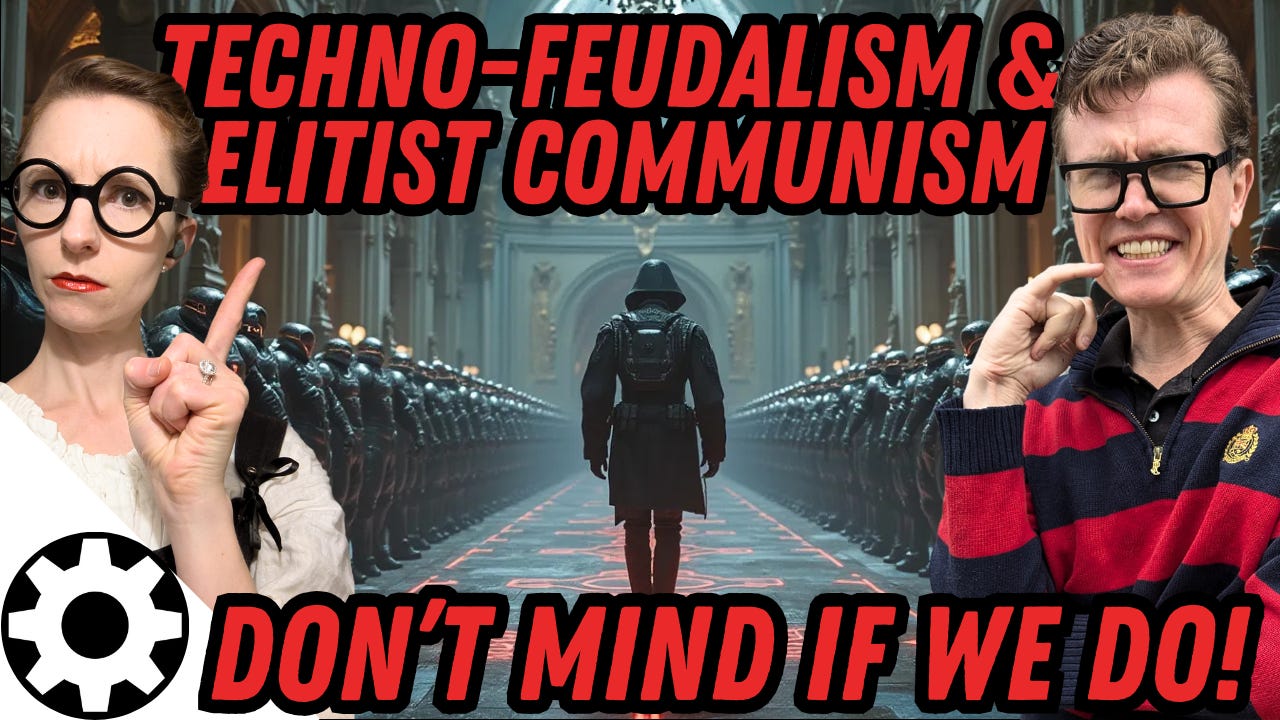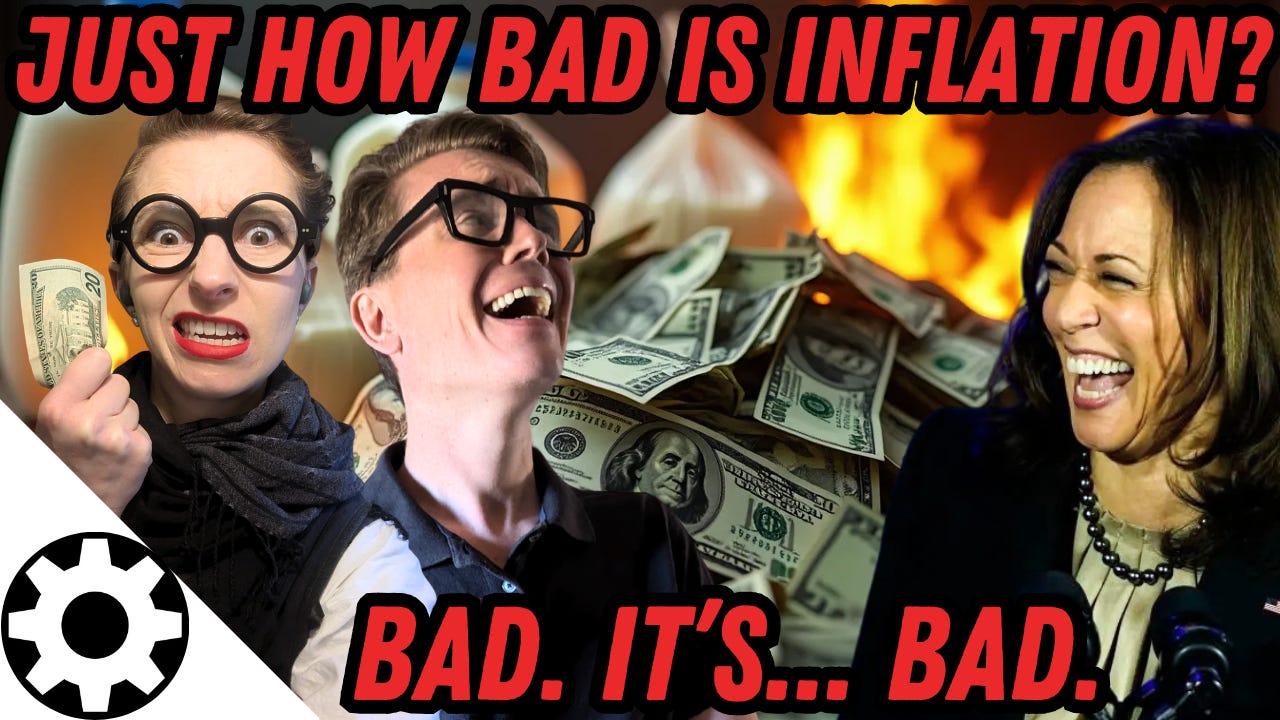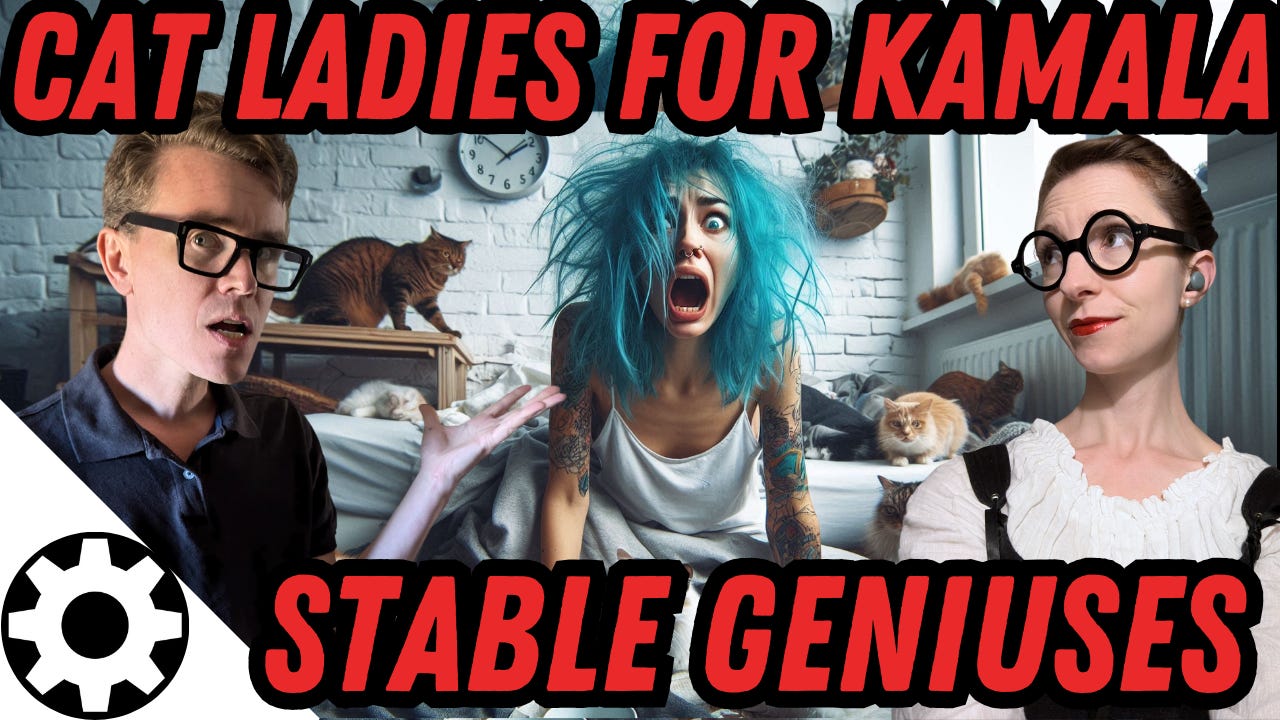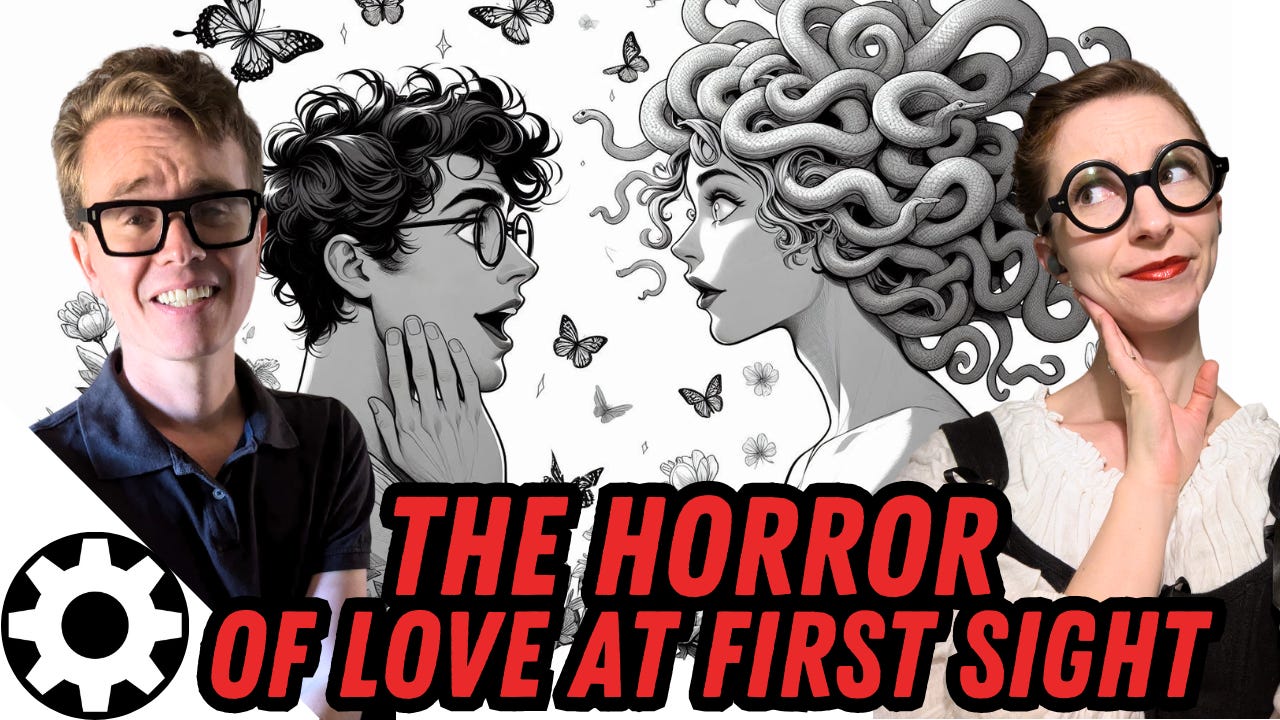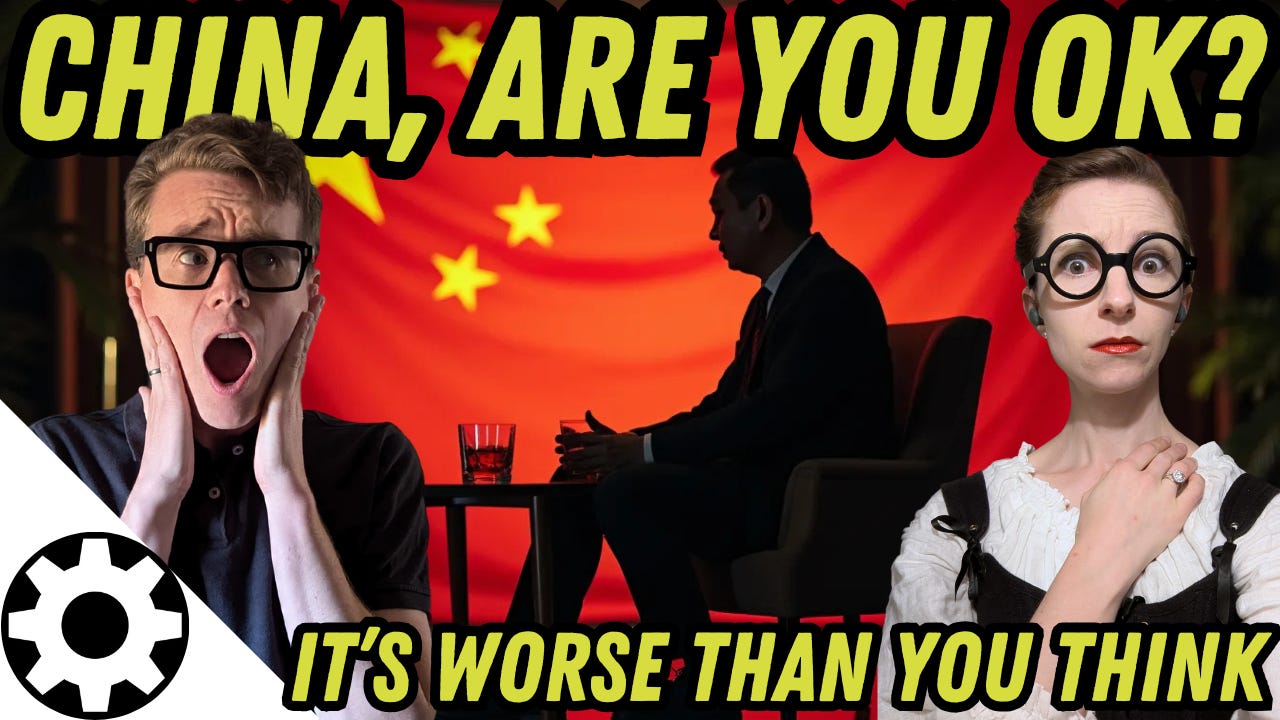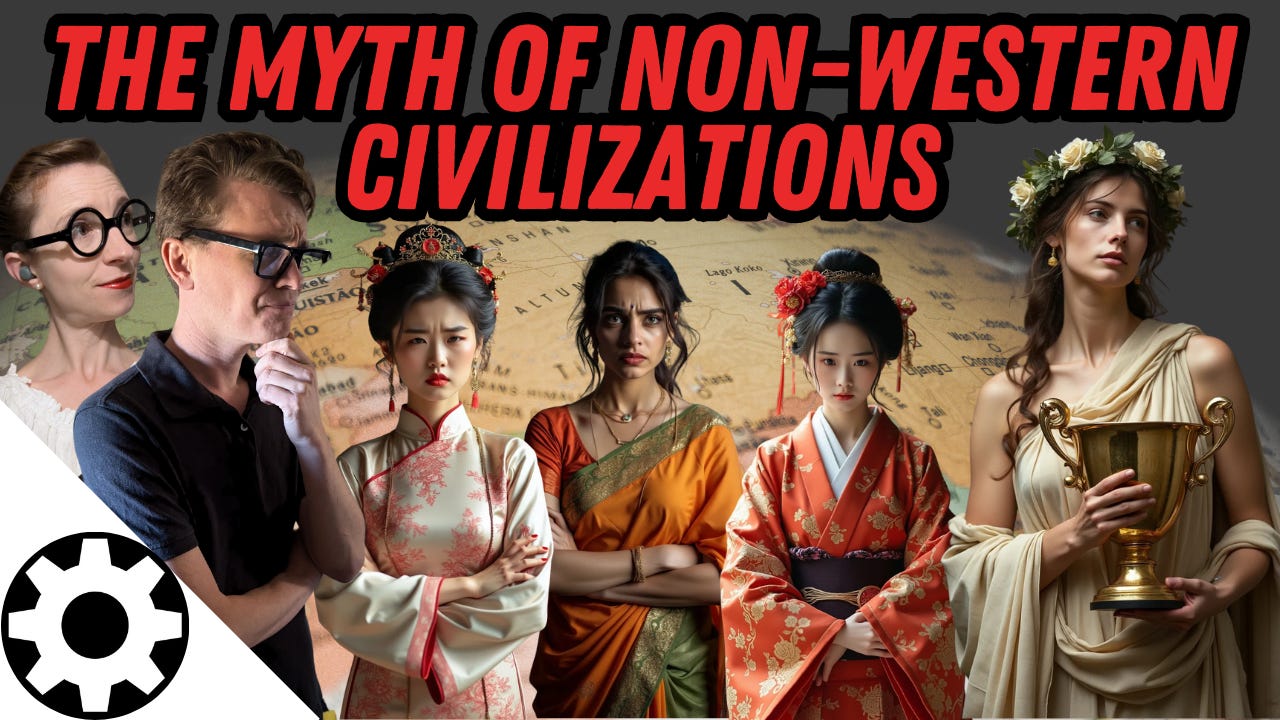Why Corporate America REALLY Went Woke
Description
In this in-depth discussion, the speakers explore the shift in political alignment of big businesses from the right wing in the 90s to the left wing today. They delve into the memetic virus of urban monoculture and how it spreads within bureaucracies, the mistaken assumption that businesses naturally align with lower taxes and less regulation, and how businesses actually prefer regulations that protect their interests. They also address how big business and dominant cultural groups like theocratic coalitions in the 90s seek to impose their value systems through the justice system and laws. The conversation touches on the psychological and structural reasons behind why big companies are more sensitive to criticism and how this affects their alignment with societal values. Furthermore, they discuss the influence of consumerist culture, the impact of DEI (Diversity, Equity, Inclusion) policies, and the broader implications for corporate America.
[00:00:00 ]
Malcolm Collins: Simone! I'm excited to be talking to you today. Today, I wanted to deep dive on one subject that has been something that has come up in other things that we have talked about, but we've never really done a deep dive on it. And I've noticed some common misconceptions people have around this, which is, I think that everybody broadly knows that in the nineties, big business was predominantly right wing.
If you were, you know, we always use like the Jack Donaghy stereotype here. If you were a big business guy, you were a right wing guy. If you were a big corporate guy at like some, you know, whether it's Black Rock or whether it's, you know, McKinsey the stereotype was, is that you would be right wing. Today the stereotype is that you'd be extremely left wing.
The core Republican party used to be made up of an alliance of a theocratic faction in the United States and a big business faction. And it broke apart making way for the new right alliance with big business departing the [00:01:00 ] Alliance in the early two thousands. Now. The question is, is why? And the answer that I have always given historically is that this happened because the memetic virus that we call the urban monoculture, some people may call it wokeism, whatever you want to call it, spreads better and faster within bureaucracies.
And I think I think that this is a part of it, but I don't think it's everything. Secondly, I think a core mistake that a lot of people make when they're looking at this is to assume, and I've heard this from so many people, that, well, it's natural that big business was a Republican aligned party in the 90s because It wanted lower tax rates.
It wanted less regulations. It wanted all of that stuff. And this is a very naive understanding of what businesses actually care about, especially large businesses. It is actually just as perplexing [00:02:00 ] that big businesses align themselves with the right in the nineties as big business aligning themselves with woke as today, because generally big businesses prefer A large amount of regulations and taxes and other barriers to entry.
There is a reason why Sam Altman is going around trying to get everybody terrified of AI so that you can get additional AI regulations because he knows no matter how big the regulations are, they'll never be enough to shut down open AI, but they may prevent his competitors. Do you want to talk on this before I go further?
Simone Collins: No, keep going. This resonates, though.
Malcolm Collins: And so, I was thinking about this, and I was talking to someone about this, and I was saying, well, here's a really interesting thing. When I look at what the Democratic Party represents today an alliance of, and I always use the word urban monoculture, but if I change the definition, an interesting pattern emerges.
It is an alliance [00:03:00 ] of big business interests and the dominant cultural group in the United States whose primary interest is imposing its value system on other people. And then when I say that and I go back to the 90s, it's like, That was the alliance that existed as well. Yeah, it was big business was the dominant cultural group so when we talk about the theocratic coalition that existed in the 90s This was a group of individuals who are basically like, okay, where does catholicism protestantism judaism?
The main american religious systems mormonism where do their sort of moral shadows overlap? We're going to call this the Judeo Christian tradition. And then we are going to try to impose this on citizens through laws, through the school system, through other things like that. And that is, they, they were never as good at it as the urban monoculture was, but they definitely had the same gist [00:04:00 ] of an idea.
And I think one before we go into it, this also helps highlight where we are so antagonistic to some people on the right where I think lay people when they see us being antagonistic to these groups, they say that we are being antagonistic to groups that are just further right leaning than ourselves.
And I think that these are the same types of people who think that what happened. is the right today is just the nineties Democrats. And that the both parties have been moving to the left when instead what I'd argue is no, what actually happened is the left today is the nineties theocrats. It's just, we have a different dominant cultural group in this country.
And the right today is a fundamentally new party that doesn't really represent the axis of The political access that existed at all in the 90s. And so when these people are doing their thing and they're like, oh, we want to impose like gay marriage bans or something like that. I'm like, well, you're just acting like the left.
From my perspective, [00:05:00 ] you're trying to impose a cultural value system, which is why I think there's so much hostility to this sort of rhetoric
Simone Collins: was in
Malcolm Collins: the modern, right. But before we go further with this, I want to ask the question, why does big business constantly find itself on the same side as the dominant cultural group attempting to enforce its value system using the justice system and using the laws of the country?
Simone Collins: Well, because they have the money, right? And business goes where the money is, like sharks following blood.
Malcolm Collins: Do they have the money though? I don't know if they ever really had the money. I don't know how
Simone Collins: you
Malcolm Collins: can, you can't
Simone Collins: impose a policy upon other people without having deep pockets. Politicians don't listen to you if you don't have deep pockets.
I'm going to disagree. Well, no, I also think that, you know, I think the major, huge political donors did go woke. So
Malcolm Collins: I agree with that, but I, I don't think that that is why the politicians are [00:06:00 ] following them. I think that when I look at the, the, the sort of imposition of woke culture on other people, Yeah.
I think it was from a vocal minority and that the wealthy then ended up following it because they saw this vocal minority and saw them as a threat. And I think it's very similar to like the satanic panic of the eighties or the you know, the extremist evangelicals of the nineties where they never really made up that large of a population. But if you had something like, you know, a demon in a show or something like that, you had to be very careful about it or anything that could be seen. We actually saw this with the Catholics.
I don't know if you're familiar with this, but for a long time, Hollywood wouldn't make any movie that could be interpreted as anti Catholic
because the Catholics were very, very good at vetoing movies.
Microphone (Wireless Microphone Rx)-1: The organization I'm talking about here is the national Legion of decency, but my timeline is a bit off. They were mostly prominent between the 1930s and 1960s. , and they use the audience of 20 million Catholics who back during that time period would actually listen to what the church told them to [00:07:00 ] do, which they don't so much anymore. , which has largely why the council lost power. , To boycott movies and they ended up influencing things like the Hays code and most of the movies that were released.
Malcolm Collins: And there was actually this chain of like movies made by Hollywood specifically to endear studios to the church.
Like, in one of them the plot was something like a Catholic preacher was given a confession, but like, that the guy was going to murder someone or like murder him, the preacher. And like, he couldn't do anything about it because he was so moral and he had to follow, you know, these rules. This was a common thing, and you might actually have noticed this, that Catholic preachers were disproportionately in media in the 80s and mid 90s, and you basically don't see them in media anymore because they weren't that big a faction of Americans.
Simone Collins: So that their, their appearances were artificial, you're, you're arguing.
Malcolm Collins: Their appearances were artificial due to, and I'll look up in post some specific examples of this, but it was a specific union of Catholics that would boycott movies. [00:08:00 ]
Simone Collins: That's so interesting. I mean, that I suppose makes sense, which was, I think, strategically empower.
Is that what you're saying is going on?
Malcolm Collins: No, I think the right, despite what people would say today in the nineties and eighties had a form of

